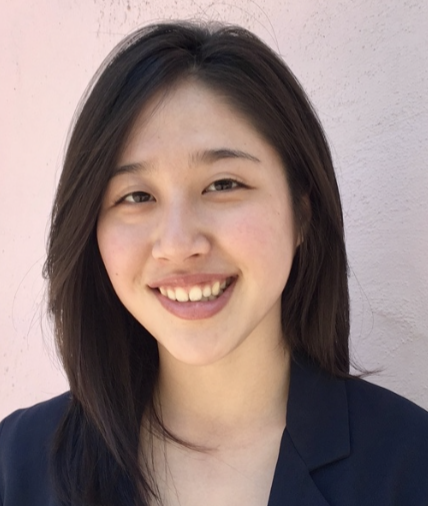Congratulations on your interview invite! As an interviewee, you have the opportunity to leave a lasting impression and strengthen your application. To do so, I recommend using the ‘rule of threes’ to prepare for the interview : 3 take-home points, 3 ‘STAR’ anecdotes, and 3 questions. These rules will ensure you are well-equipped to impress your interviewer.
1. 3 take-home points
An ideal interview should solidify who you are as a person and candidate to the interviewer. This is best done by identifying three take-home points you want the interviewer to know about you by the end of the conversation. To come up with your stand-out points, review your application closely to identify your strengths and distinguishing characteristics. Depending on your background, this may be anything from a unique personal background to impressive research projects to interesting prior work experience. As you think through potential interview questions, identify ways to integrate these points into your answers.
2. 3 ‘STAR’ anecdotes
Medical schools are increasingly adopting behavioral questions to better delineate who you are. To prepare for these questions, I recommend reflecting on key experiences and activities that demonstrate your soft skills in common challenging situations. Once you have a list your prior experiences, identify the three strongest anecdotes you can ‘spin’ to answer multiple types of behavioral questions. For example, if you have experience managing team dynamics in a student group, you could ‘spin’ the same anecdote to answer questions about conflict resolution, managing stress, or responding to mistakes. As you practice telling your three anecdotes to answer different questions, I recommend using the ‘STAR method’ – situation, task, action, result – to create structured, thoughtful responses.
3. 3 questions
Lastly, most interviewers will reserve time to make sure your questions are answered. This is a great opportunity to not only show genuine interest in the medical school, but also gain a stronger sense of what it may be like to enroll as a student. When coming up with potential questions, make sure your questions do not have easily findable answers. Instead, identify at least three questions about the ‘intangibles’ that you want to know about a school and its students – such as the school’s community and culture, or the interviewer’s personal reflections.
As you prepare for the well-deserved interview, I recommend using this ‘rule of threes’ to ensure that you are ready to impress your interviewers. In using this rule, you can make yourself strong, memorable applicant that will enrich the medical school community.

Comments